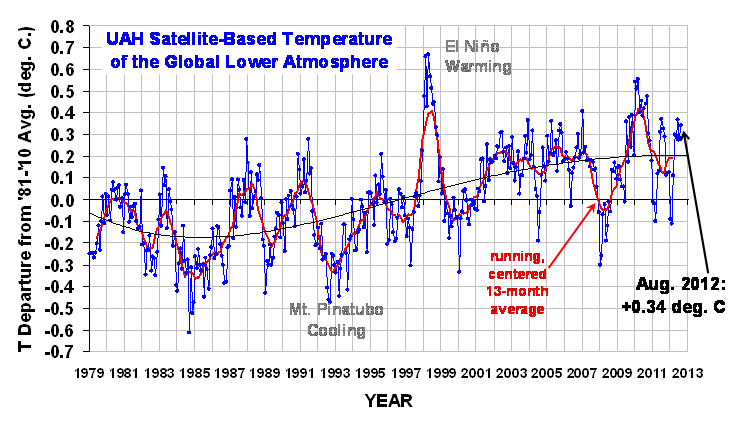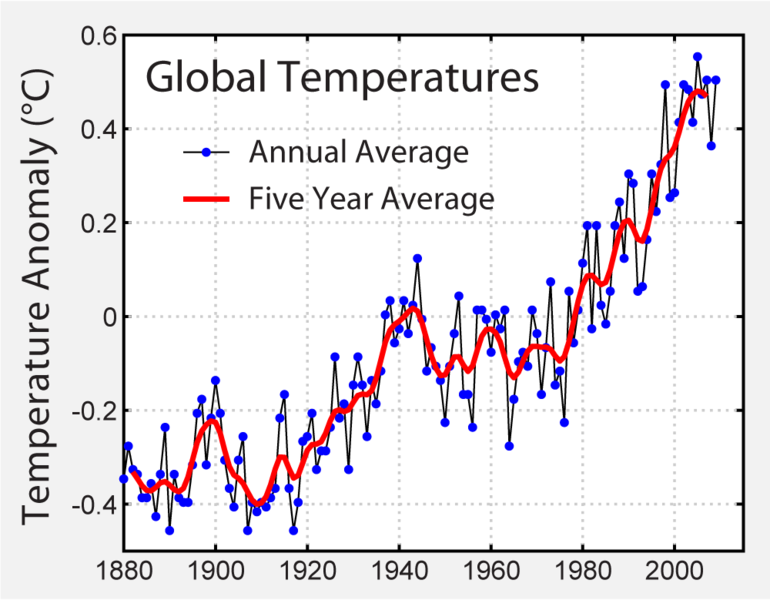thaumaturgy
Well-Known Member
... sigh ...
"Guilty" is not a scientific term, but a legal term.
Well, that is a semantic point. Let's start with less charged terms.
When I publish a paper of course no one is expected to assume my observations are correct, so far we agree. BUT it is hardly common practice to assume that I've actively produced dishonest science until someone repeats my experiments.
Of course it is generally assumed in any endeavor when dealing with other people that at worst they have merely made an error. Not that they have partaken of fraudulent manipulation of their data.
The standard in science is "Proof". One is required to "Prove" one's assertions ... they didn't.
Can I play semantics like you do? I'll answer an astounding and resounding NO! Don't you know anything about science? Proof is never expected. Nothing is ever proven. That's for math. Mathematics has proofs.
Science has supporting evidence which indicates a more likely hypothesis is true.
If you read science (as in real science, not whatever you find on blogs) you might be lucky enough to see statistical analyses of data and more importantly inferential statistics. When you get to that level note the little "p-value" on graphs. It's never going to be absolutely 0.0000....0 Why? Because there's always error and the potential for error.
In science we rely on inferential statistics to tell us how likely we are to be making an error in assessing the "Null hypothesis".
But you see, I'm playing a "semantic game" here with you. You want to talk like a scientist and tell me all about science and you want to play semantic games with words? I can do that very well thank you.
But in the sense that you probably meant which is the non-technical sense (the same sense I meant by "guilty" in my post but you didn't let that pass), but in the spirit of showing you less pedantry than you did for me I'll let your informal verbiage pass in stating that yes: science does require one to support their assertions.
No one requires absolute "proof" but by "prove" I should at least support my contention. And it is further validated when others find similar results.
That has been done with climate science in regards to agw. In a very real sense this converges on the dreaded "consensus" you mentioned earlier.
If sufficient researchers find the same results over and over again as other researchers they tend to assume that they are onto a more likely hypothesis. Not that it is ever proven 100%, but that it is more likely.
Then the dreaded "consensus" happens. None of these scientists said "Oh I agree with the consensus, so now let me test the consensus to make sure it's right!"
That isn't how it works.
Unless you have evidence for your supposition that the CRU or Climategate scientists (even the ones from "Leeds"
As for the value of the science: well, it speaks for itself. When countless researchers across the globe keep coming to the same conclusion based on the data they are gathering and processing it indicates a strong likelihood that the hypothesis is correct.
Questions?
.
Yes! Can I ask you your experience in science? I'm curious because you speak "knowledgably" about what science requires and what it is and how these people have fallen so far afoul of it. I'm curious what your personal experience is in the sciences. (Don't worry, few skeptics on these boards will ever answer that question, I can count on one hand the number that actually have. So I won't mind if you simply ignore this question as well.)
Last edited:
Upvote
0







